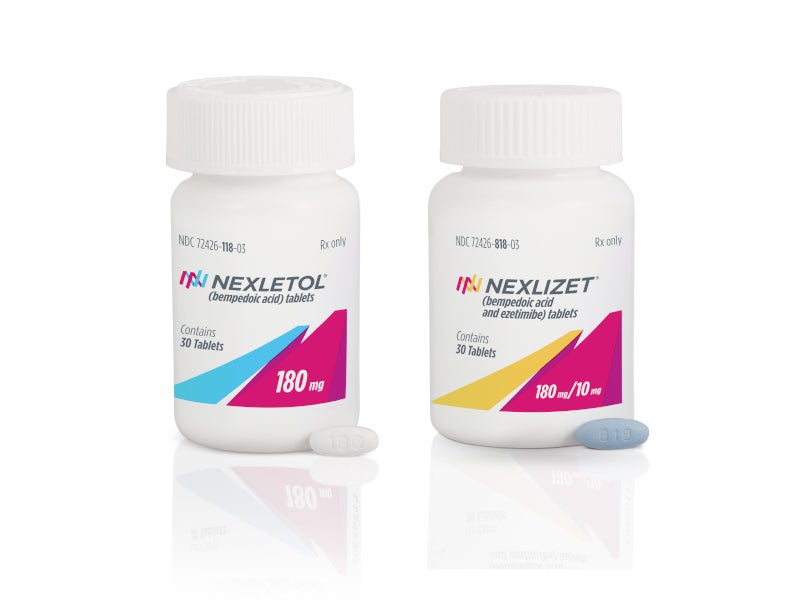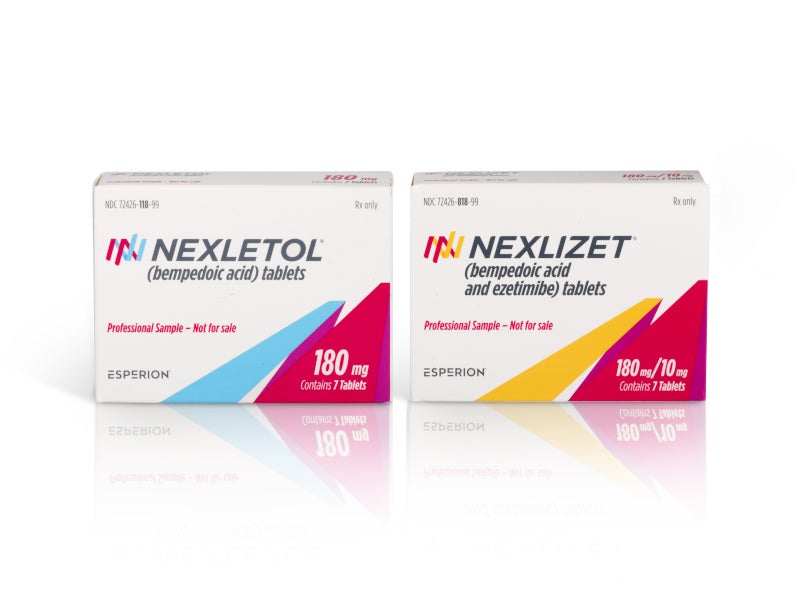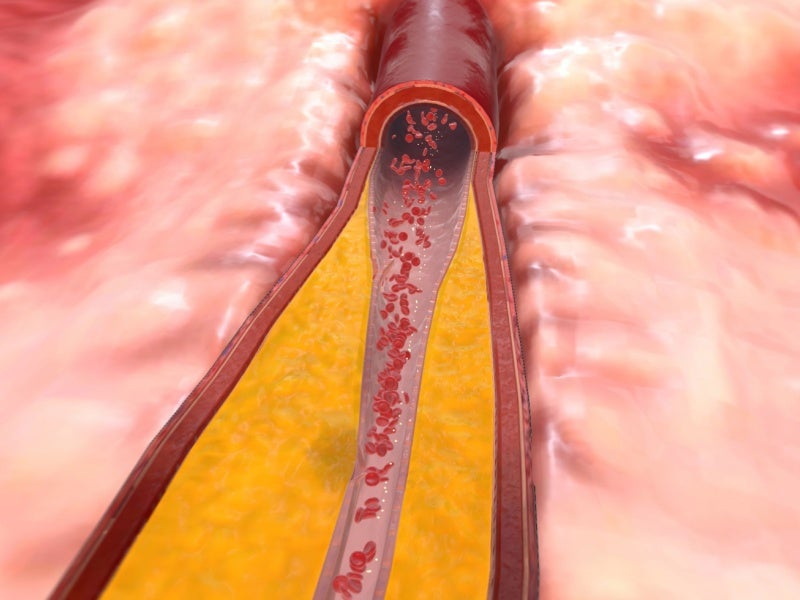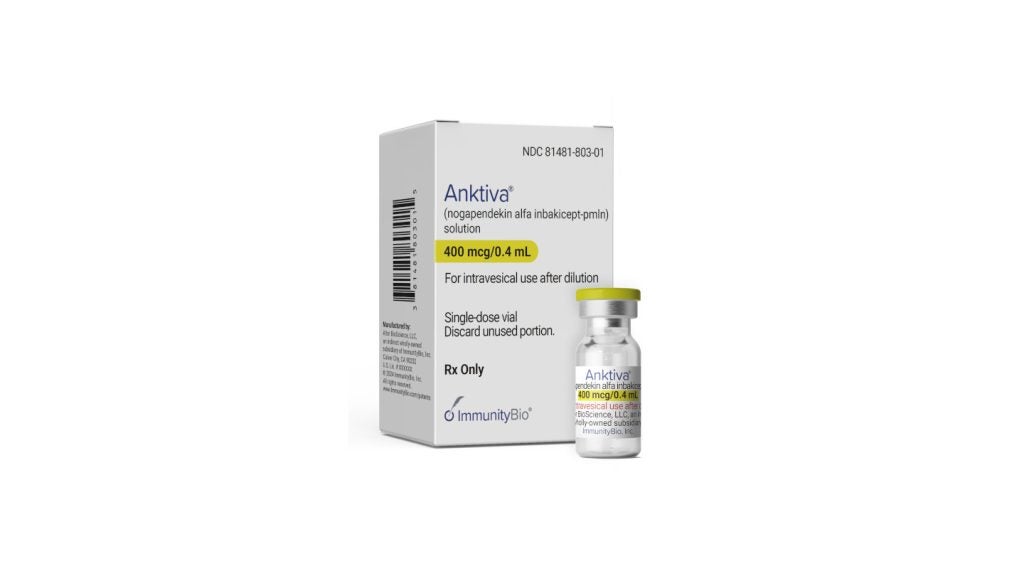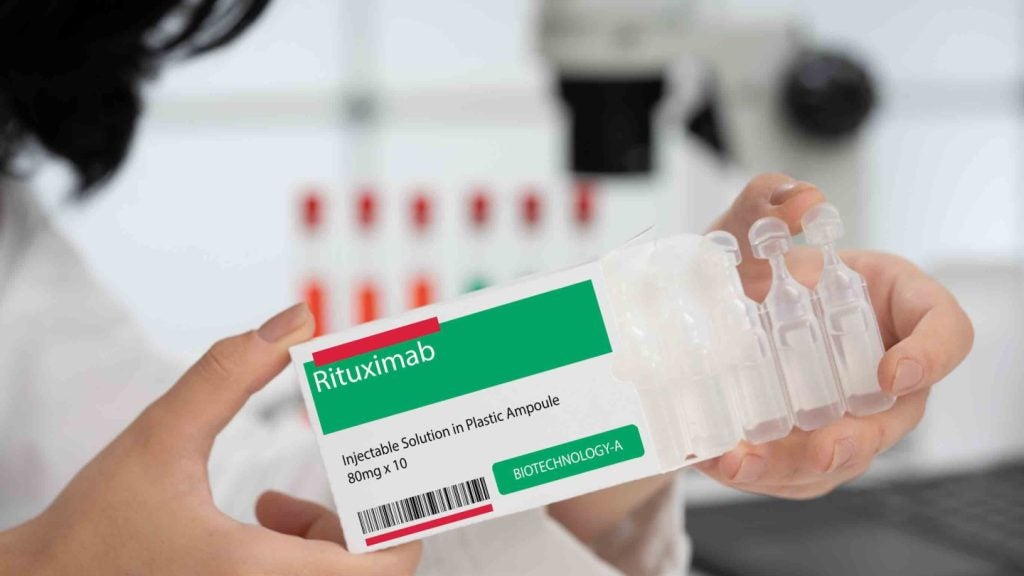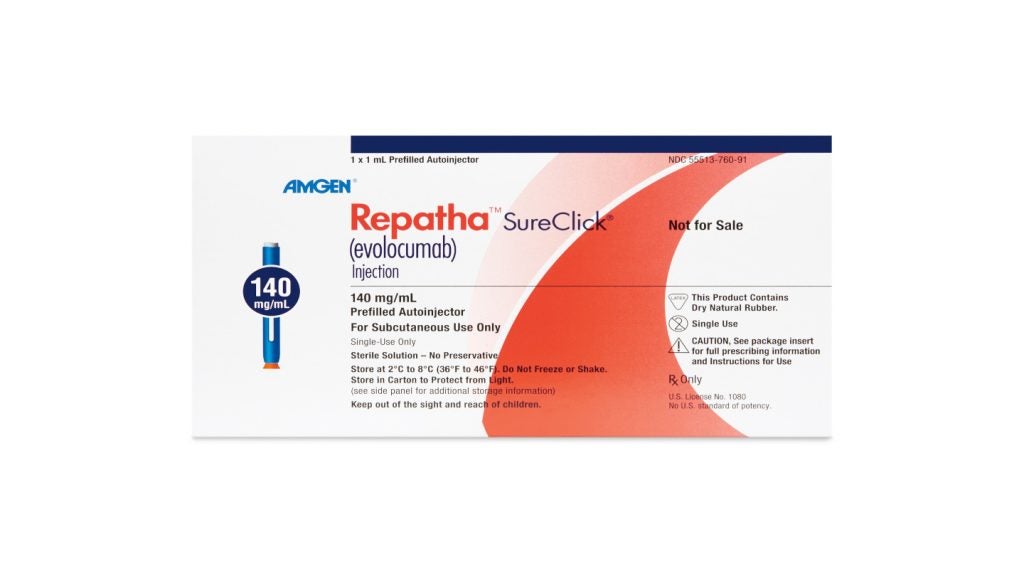NEXLETOL® (bempedoic acid) is an oral, non-statin low-density lipoprotein-cholesterol (LDL-C) lowering drug developed by Esperion Therapeutics, a pharmaceutical company based in the US.
It is indicated as an adjunct to diet and maximally tolerated statin therapy for the treatment of adults with heterozygous familial hypercholesterolemia (HeFH), a type of high cholesterol, and for patients with established atherosclerotic cardiovascular disease (ASCVD) who require additional LDL-C reduction.
In addition to NEXLETOL, Esperion markets a combination of bempedoic acid with another cholesterol-lowering drug ezetimibe, under the brand name NEXLIZET®, which is also indicated for similar conditions. Ezetimibe, a dietary cholesterol absorption inhibitor, complements bempedoic acid by providing an additional mechanism for cholesterol reduction.
NEXLETOL and NEXLIZET are the first non-statins approved for cardiovascular risk reduction and expanded LDL-C lowering in both primary and secondary prevention patients.
Bempedoic acid, when used as a component with NEXLIZET, is also used to lower the risk of heart-related events in adults who are unable to take statins, have known heart disease, or are at high risk for heart disease but without known heart disease.
Bempedoic acid is available in the form of white to off-white, oval-shaped tablets, with a recommended dose of 180mg administered once daily.
NEXLIZET is available in the form of blue, oval-shaped tablets with a recommended dose of 180mg bempedoic acid/10mg ezetimibe administered once daily.
Collaborations and regulatory approvals for NEXLETOL and NEXLIZET
Esperion signed a licence and collaboration agreement with pharmaceutical company Daiichi Sankyo Europe (DSE) to commercialise bempedoic acid and the bempedoic acid/ezetimibe combination tablet within the European Economic Area and Switzerland in January 2019. The company transferred marketing authorisations to DSE in 2020.
Esperion submitted two new drug applications to the US Food and Drug Administration (FDA) for both drugs in February 2019, following the submission of marketing authorisation applications to the European Medicines Agency (EMA) during the same month.
The Committee for Medicinal Products for Human Use of the EMA issued favourable recommendations for the marketing authorisations in January 2020, while the FDA approved the drugs in February 2020.
In April 2020 the European Commission approved bempedoic acid and the bempedoic acid/ezetimibe combination tablet under the brand names NILEMDO® and NUSTENDI® respectively for use in adults with primary hypercholesterolaemia and mixed dyslipidaemia.
In April 2020, Esperion exclusively licensed the development and commercialisation rights of NEXLETOL and NEXLIZET in Japan to Otsuka Pharmaceutical. Otsuka assumed responsibility for all development, regulatory and commercialisation activities within Japan and agreed to finance all clinical development expenses associated with the programme in the country.
The company extended its partnership with Daiichi Sankyo to include more countries across Asia, the Middle East and Latin America in 2021.
The FDA expanded the labels of NEXLETOL and NEXLIZET to include cardiovascular (CV) risk reduction and expanded LDL-C lowering in both primary and secondary prevention patients in March 2024.
The enhanced labels support their use either alone or in combination with statins and include new indications for primary hyperlipidaemia alone or in combination with a statin.
Heterozygous familial hypercholesterolemia (HeFH) causes and symptoms
HeFH is a genetic disorder that results in high levels of LDL cholesterol, potentially leading to heart attacks, strokes or heart disease. HeFH is a subdivision of familial hypercholesterolemia (FH). Another form of FH is homozygous familial hypercholesterolemia.
It is caused by mutations in the gene responsible for removing LDL-C from the bloodstream. Symptoms include peripheral vascular disease, cerebrovascular disease, coronary artery disease, atherosclerosis, angina, myocardial infarction, aortic aneurysm, xanthomas, Achilles tendinitis and corneal arcus.
NEXLETOL’s mechanism of action
Bempedoic acid is a unique adenosine triphosphate citrate lyase (ACL) inhibitor that lowers LDL-C by inhibiting cholesterol biosynthesis in the liver and up-regulating LDL receptors.
It is activated in the liver, not in skeletal muscle, and inhibits the ACL enzyme from the HMG-CoA reductase enzyme in the cholesterol biosynthesis pathway.
By inhibiting ACL, bempedoic acid reduces the synthesis of cholesterol, up-regulates the LDL receptor and decreases LDL-C levels in the bloodstream.
NEXLIZET’s mechanism of action
NEXLIZET acts by inhibiting two critical enzymes, ACL and Niemann-Pick C1-Like 1 (NPC1L1), an intestinal sterol transporter, employing two complementary mechanisms. Bempedoic acid hinders cholesterol synthesis by targeting ACL in the liver, while ezetimibe obstructs gastrointestinal cholesterol absorption by inhibiting NPC1L1, thereby diminishing cholesterol transport to the liver.
The combined actions are intended to trigger the up-regulation of LDL receptors, leading to enhanced clearance of LDL-C from the bloodstream.
The NPC1L1 is involved in the intestinal absorption of cholesterol and phytosterols.
Clinical trials of NEXLETOL
NEXLETOL’s FDA approval was based on the results of the 52-week, randomised, double-blind, Phase Ⅲ clinical trials Clear Harmony (1002-040) and Clear Wisdom (1002-047), which were part of Esperion’s global pivotal Phase III LDL-C lowering programme.
In Clear Harmony, 2,230 patients were randomised in a 2:1 ratio to receive either NEXLETOL or a placebo. In Clear Wisdom, a total of 779 patients received either NEXLETOL or a placebo in the same dosing regimen.
The primary endpoint of the studies was the percentage change from baseline to Week 12 in LDL-C levels. The difference between NEXLETOL® and the placebo in mean percentage change of LDL-C from the baseline to Week 12 was -18% in Clear Harmony and -17% in Clear Wisdom.
The most common adverse reactions included muscle spasms, back pain, upper respiratory tract infections, elevated uric acid levels, pain in extremities, discomfort, bronchitis, elevated liver enzymes, anaemia and abdominal pain.
Clinical trials of NEXLIZET
NEXLIZET®‘s efficacy was investigated in a single multi-centre, randomised, double-blind, placebo-controlled and parallel-group trial.
The clinical trial was a four-arm, 12-week study designed to evaluate the efficacy of NEXLIZET in 301 patients with either HeFH, established ASCVD, or multiple cardiovascular risk factors and were on maximally tolerated statin therapy.
The participants were randomly assigned in a ratio of 2:2:2:1 to receive one of four treatments, oral NEXLIZET®, bempedoic acid 180mg, ezetimibe 10mg, or placebo once daily, in addition to their maximally tolerated statin therapy.
The primary efficacy outcome was the percent change from baseline in LDL-C, which showed a mean percent change of -38% for NEXLIZET® compared to placebo. It means the addition of NEXLIZET® to maximally tolerated statin therapy resulted in a mean reduction of 38% in LDL-C levels compared to placebo.
Clinical trials on NEXLIZET and NEXLETOL for cardiovascular risk reduction and LDL-C-lowering
The US approvals of NEXLIZET and NEXLETOL for reducing cardiovascular risk and lowering LDL-C were based on data derived from the CLEAR Outcomes trial. The trial evaluated the impact of NEXLETOL on cardiovascular outcomes in approximately 14,000 patients diagnosed with, or at a high risk of, cardiovascular disease.
Throughout a median follow-up period of 3.4 years, bempedoic acid (contained in NEXLETOL and NEXLIZET) demonstrated a favourable safety profile and was generally well tolerated.
Notably, the study revealed a 20% reduction in LDL-C levels, a 22% decrease in high-sensitivity C-reactive protein levels, and no elevation in glucose levels compared to the placebo group. Moreover, the patients treated with bempedoic acid experienced significant risk reductions, including a 15% decrease in three-point major adverse cardiovascular events (MACE-3), comprising death from a cardiovascular cause, nonfatal stroke, or nonfatal myocardial infarction, a 27% reduction in nonfatal myocardial infarction, a 19% decrease in coronary revascularisation and a notable 39% reduction in MACE-3 events among those in the primary prevention subgroup.
The most common adverse reactions in the cardiovascular outcomes trial for bempedoic acid were hyperuricemia, renal impairment, anaemia, elevated liver enzymes, muscle spasms, gout and cholelithiasis.

